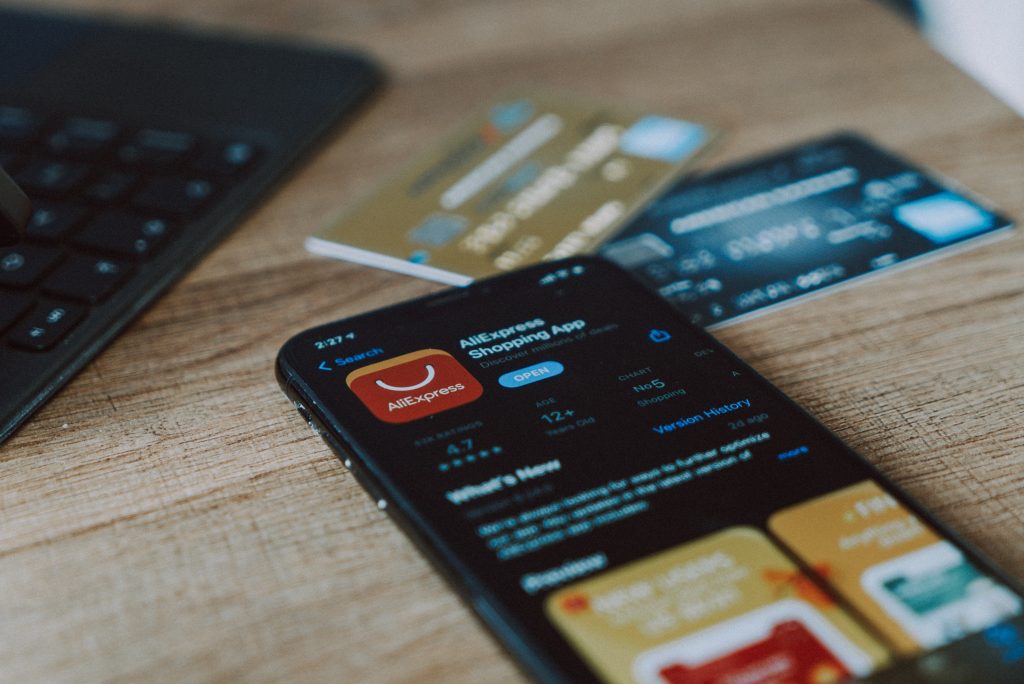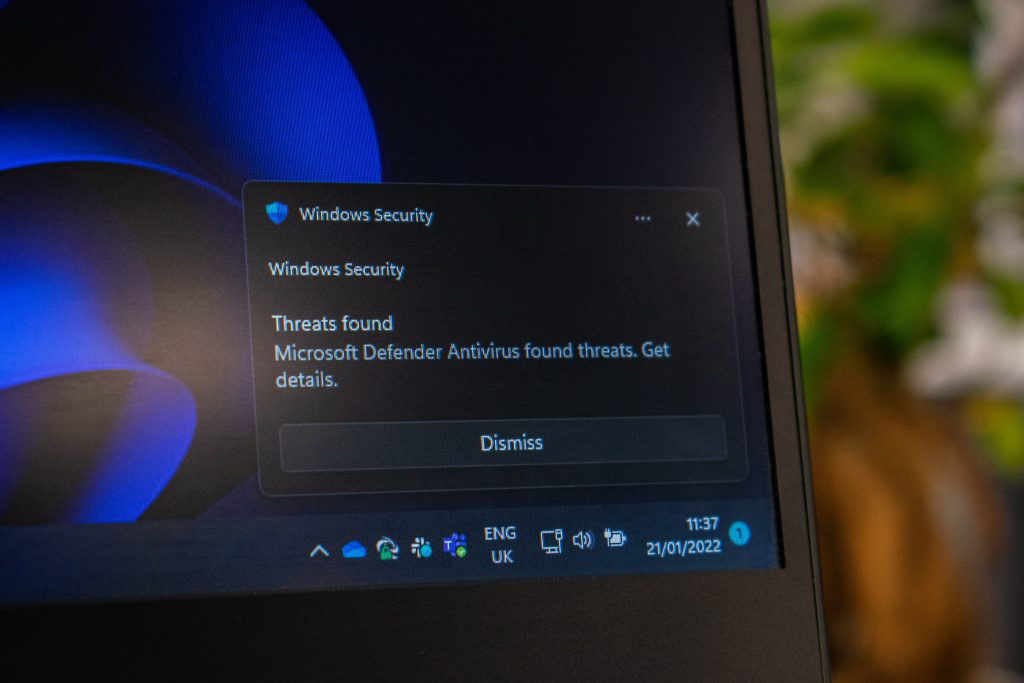We all become increasingly reliant on technology; it’s important to be aware of the risks associated with sharing our personal information online. Unfortunately, the majority are often targeted by scammers and hackers looking to exploit their lack of tech-savvy. But there’s no need to worry – following a few simple steps, we can easily protect our data from being compromised.
Here Is A Senior’s Guide To Keeping Personal Data Safe
By following a few quick tips and suggestions, you can keep your data safe, some of which are as follows.
Keep Your Antivirus Software Up To Date
One of the most important things you can do to keep your data safe is to keep your antivirus software up to date. Antivirus software helps to protect your computer from malware and other online threats.
Be sure to keep your software up to date to enjoy the best possible protection. Because it may be used for identity theft, fraud, or other illegal actions if personal data were to get into the wrong hands, it is crucial to keep it secure.
There are several ways to keep your antivirus software up to date, including manually checking for updates or setting your software to update automatically. Whichever method you choose, be sure to check for updates regularly to keep your computer safe.
Use Strong Passwords
It’s becoming more and more important to take steps to keep our data safe. One simple but important step is to use strong passwords for your google account, social media accounts, email messages, and download apps.
Hackers can easily break into accounts that use weak or easily guessed passwords, so creating a strong password that uses a mix of letters, numbers, and symbols is important. Additionally, it’s important to keep passwords confidential and to avoid using the same password for multiple accounts.
By taking these simple precautions, we can help protect our sensitive information from being compromised.

Use Privacy On Social Media
In the age of social media, it’s important to be aware of your privacy settings and how to use them. Most social media platforms have privacy settings that let you control who can see what you post. For example, Facebook has extensive privacy controls that let you post to only friends, your friends, and their friends, or everyone on Facebook.
Additionally, you can exclusively share specific posts with certain persons or your family members, for example. Some social media platforms choose between private and public posts, with private posts only going to people you designate. Before posting to any social media platform, it is advisable to get familiar with its privacy policies and settings.
There are also privacy settings for android devices that can restrict who has access to your location, contacts, and other personal information. It is important to be aware of these settings to keep your data safe.

Keep An Eye While Online Shopping
It’s important to only shop at reputable online merchants to keep your data safe. With so many options available, choosing the cheapest or most convenient option can be tempting, but this could lead to problems down the line. Be careful while shopping, don’t consider any online merchant you have never heard of. Many are legitimate, but some unknown sources might be out to steal your credit card number or other financial information.
A few things to consider when determining if an online merchant is reputable.
- First, check to see if the site is secured with SSL encryption. This will ensure that your personal information, such as your credit card number, is encrypted and less likely to be stolen.
- Second, look for reviews or comments from other customers. This can give you a good idea of what their experience was like and whether or not they would recommend the merchant.
- Finally, ensure that the merchant has a physical address and phone number on their website. This will give you a way to contact them if there are any problems with your order.
Protection Against Identity Theft
Identity thieves are constantly coming up with new ways to steal your personal information. It is essential to be aware of the latest scams and take steps to protect yourself. One way to do this is closely monitor your credit card and bank statements. If you see any suspicious activity, report it immediately. You should also regularly check your credit reports for signs of fraud.
If you believe you are a victim of identity theft, you can take a few steps to resolve the issue.
- First, contact the credit reporting agencies and place a fraud alert on your file. This will make it more difficult for the thief to open new accounts in your name.
- You should also file a police report and dispute fraudulent charges on your accounts.
- Finally, keep meticulous records of all correspondence related to the incident. By taking these steps, you can help limit the damage caused by identity thieves and prevent future incidents of identity.
One of the best ways to protect yourself against identity theft is to be careful about the personal information you share. Here are some tips to help you keep your data safe:
- Never enter your Social Security number online unless you know the site is legitimate. This includes sites like banks, credit card companies, and other financial institutions.
- Only provide credit card numbers to legitimate online merchants. When in doubt, research to see what other people say about them.
- Never trust free resources or any unknown sender.
- Never share file taxes with anyone.
- Always have a recovery plan.
- If you feel you’re being scammed or hacked, report identity theft.
Pirated Apps On Mobile Devices
Pirated apps are a big problem on mobile devices. They’re easy to find and install and can be a severe security risk. Google Play is full of them, and they’re often the first thing people see when they search for an app.
Even worse, pirated apps can be installed on android devices without the user’s knowledge or consent. This can lead to problems, from viruses and malware to data loss and theft. If you’re using an Android device, it’s important to be aware of the dangers of pirated apps. Ensure you only install apps from trusted sources and keep your Android version up to date to reduce the risk of infection.
Protect Your Security When Working With Emails
When working with email messages, it’s essential to protect your security. There are a few things you can do to stay safe:
- Always make sure you’re communicating with a real person. If you receive emails from unknown senders, be cautious about opening attachments or clicking on any links.
- Create a personal recovery plan in case your account is hacked. This should include steps for regaining access to your account and for recovering any lost data.
- If you receive any suspicious emails, report them to your service provider.
Only Go On Secure Websites
It’s essential to only go on secure websites, but what does that mean? In the united states, the government and federal agencies use secure websites. Any website that starts with “HTTPS://” is secure. You can also tell if a website is secure if there’s a padlock next to the URL. Most secure websites will also have a green bar in the address bar.
To ensure a website is secure, you can check for the HTTPS:// in the URL AND look for the padlock – that way, and you know your connection to the website is private and encrypted. If you’re on an android device, you can also install an app like “HTTPS everywhere,” which will force your device only to connect to secure websites. It’s a free resource that only takes a few seconds to set up. So next time you’re about to enter your credit card information on a website, make sure it’s secure!
Conclusion
There are several steps that you can take to keep your data safe. Firstly, you should only share your data with trusted sources. Secondly, you should keep your data confidential and only share it with people you know and trust. Finally, you should regularly update your security settings and keep an eye on your privacy settings to ensure that only people you want access to your data can see it. By taking these steps, you can help to protect your data from being accessed by unauthorized individuals.

